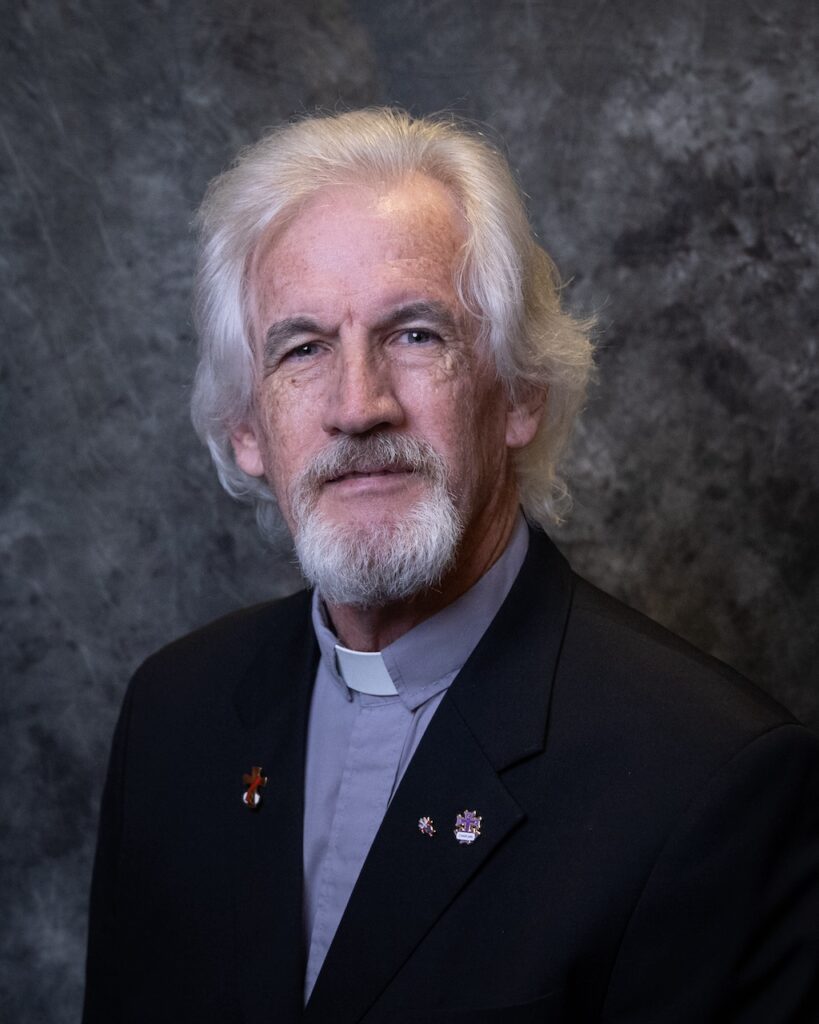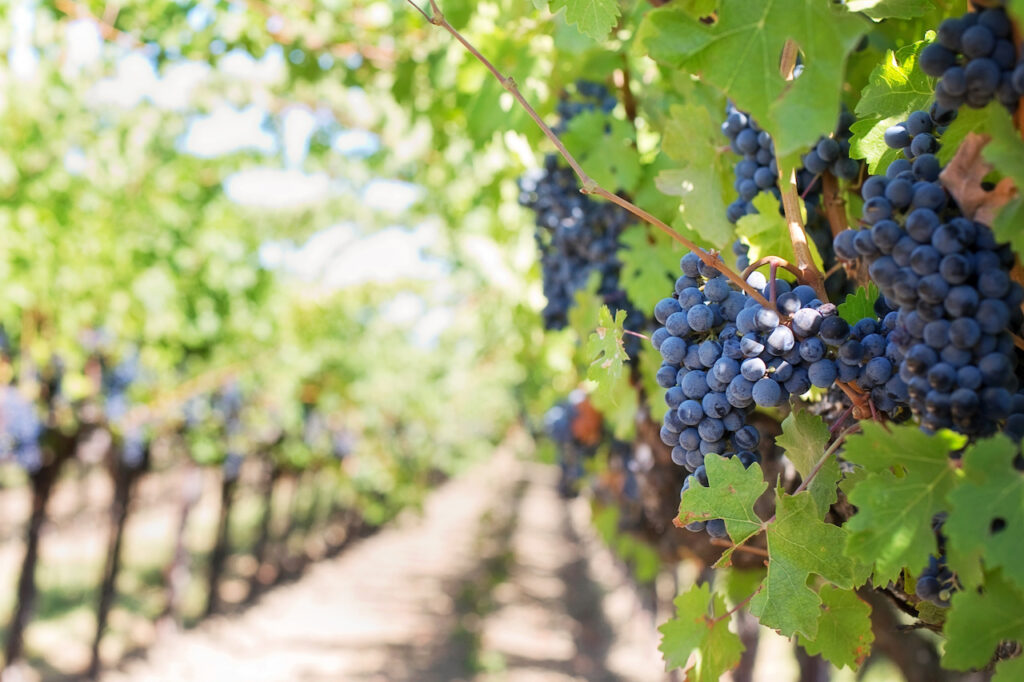Reflection on Mass readings for Oct. 8 (27th Sunday in Ordinary Time)
Isaiah 5:1-7
Psalm 80:9, 12-16, 19-20
Philippians 4:6-9
Matthew 21:33-43
Our Scripture readings for the 27th Sunday in Ordinary Time continue the theme of the vineyard.
The first reading and the psalm identify the vineyard of the Lord as the house of Israel. In the Gospel, Jesus identifies the vineyard as the kingdom of God.
The chief priests and elders, tenants of the kingdom, have failed to produce good fruit and Jesus tells them that the kingdom of God will be taken away from them and given to “a people that will produce good fruit.”
This kingdom was given to the apostles and has been handed down through the Church to the faithful today. You and I are charged to produce good fruit in the kingdom of God.
Paul helps define “good fruit” in his letter to the Philippians. He challenges them and us to be of one mind with Jesus and says truth, honor, justice, purity and things being worthy of praise are the things that need to be considered.
In Philippians 2:15-16, Paul praised the people of Phillipi for their faithfulness to the Gospel, saying they “shine like stars in the world, as they hold fast to the word of life,” a phrase adopted by the diocese as its motto for the bicentennial. In the reading this weekend, Paul again commends and encourages them and us to continue doing those things learned from him.
While it is true that Jesus spoke his message in a different time and to different people, his message is as appropriate for us today as it was for the apostles; it hasn’t changed.
The introduction to “Gaudium Et Spes” (The Church in the Modern World, Vatican II) affirms that those things that are in Christ don’t change. It quotes Hebrews 13:8 which states “Christ is the same yesterday, today, and forever.” Jesus remains the same and his word remains the same.
Jesus just calls us to love and tells us that the whole law is contained in the two great commandments, love of God and love of neighbor. The good fruit we are called to produce is based on those commandments.
Jesus not only preached this love; he showed us by his actions what this love meant. Jesus met people where they were, loved them as they were.
He didn’t wait for Matthew, a tax collector, or any of the apostles, to change before he called them. He didn’t wait for the adulterous woman or the woman at the well to change before loving them. He didn’t tell the hungry to get something to eat, then come back – he fed them. He doesn’t wait for us to change before calling us to journey with him.
Jesus went to the fringes of society, to the people that the Jewish leaders thought were unworthy. We are likewise called to journey with those on the fringes of society.
There are still hungry people to be fed, strangers and immigrants to be welcomed. The sick, the homebound and the imprisoned are waiting for us to visit. There are still homeless people who need shelter in adequate and affordable housing. There are those who live a different lifestyle or have a different belief with whom we are called to journey.
These are the same people with whom Jesus journeyed and whom he loved. These are the people in whom we find God.
Do we risk the same fate as the chief priests and elders? As heirs of the kingdom of God, its message of love has been entrusted us. Do we produce good fruit?
 Deacon Christopher Colville serves at Church of the Redeemer, Mechanicsville.
Deacon Christopher Colville serves at Church of the Redeemer, Mechanicsville.

